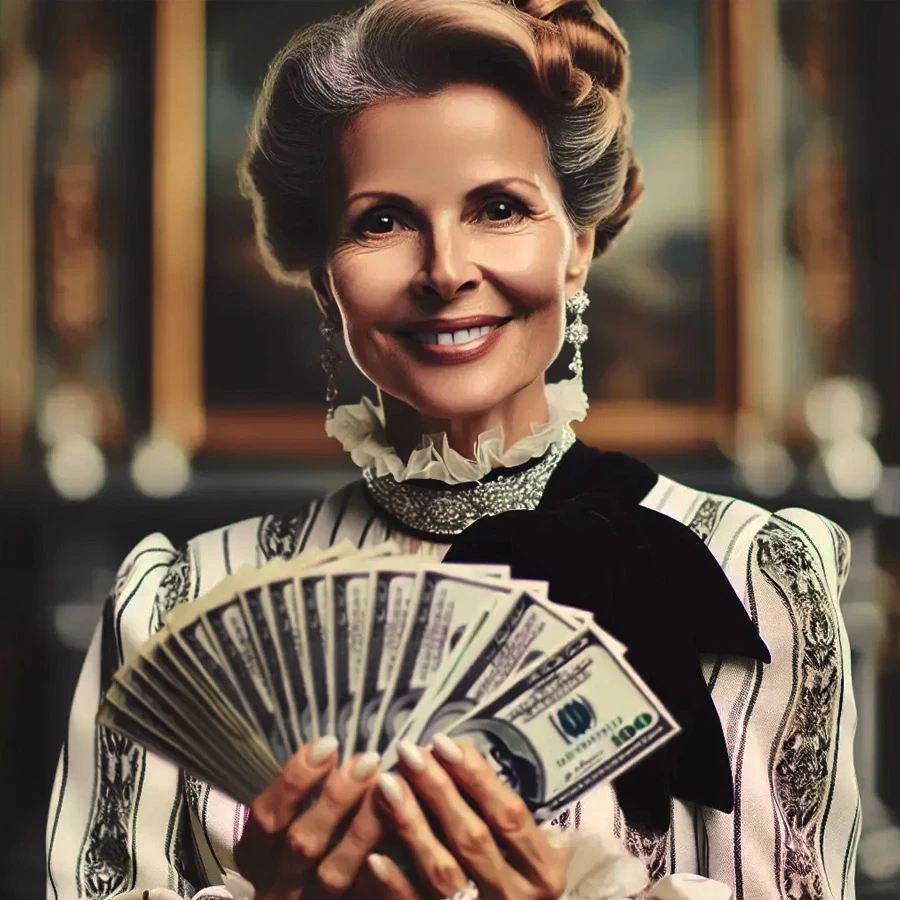More Wealth, Less Happiness
Recent research in Germany revealed a striking trend: over the past 50 years, Germans have become, on average, 400% wealthier, yet the number of people suffering from depression has risen by 38%. Why does this happen? Why doesn’t wealth automatically bring happiness? I call this phenomenon the material curse of humanity.
The Beginning of the Material Curse
It all started almost a century ago in the United States. Henry Ford became the richest man in the world thanks to his revolution in car manufacturing. His success inspired other entrepreneurs to create iconic brands like Cadillac, Chevrolet, Buick, and Dodge. Cars flooded the market. But eventually, sales began to decline. And that’s when marketers devised a clever solution: make owners of older cars feel inadequate.
Manufacturers began releasing new models every year, creating a constant need for upgrades. This strategy soon spread to other industries: clothing, cosmetics, footwear. The human soul ended up in what feels like hell, even though the world appeared perfect on the surface.
Modern Market Manipulations
We see this everywhere today: teenagers sneer at peers who can’t afford fashionable clothes. Brands release new collections twice a year, dictating trends like, “green is in this season.” The goal is to boost sales, making last year’s purchases feel outdated and uncomfortable.
Global corporations manipulate consumer minds, spending $500 billion annually on advertising. To put it in perspective, solving global hunger would cost only $50 billion per year. These numbers show how vast resources can actively make humanity unhappy.
Unrealistic Expectations and the Rat Race
The real problem isn’t just that we throw away perfectly good things. The tragedy lies in unrealistic expectations. Buying a new car brings joy for a day. If your friends get better cars, that happiness disappears. We get caught in the rat race, chasing novelty and unknowingly creating our own unhappiness.
I personally cherish my old possessions. Some sweaters and sneakers have lasted me over a decade. But for formal events or business meetings, we are pressured to conform to appearance standards. First impressions still matter. Yet, the more self-aware and focused on personal growth we become, the more we rise above this madness. As Socrates said: “In life, there is only one good — knowledge, and one evil — ignorance.”


















